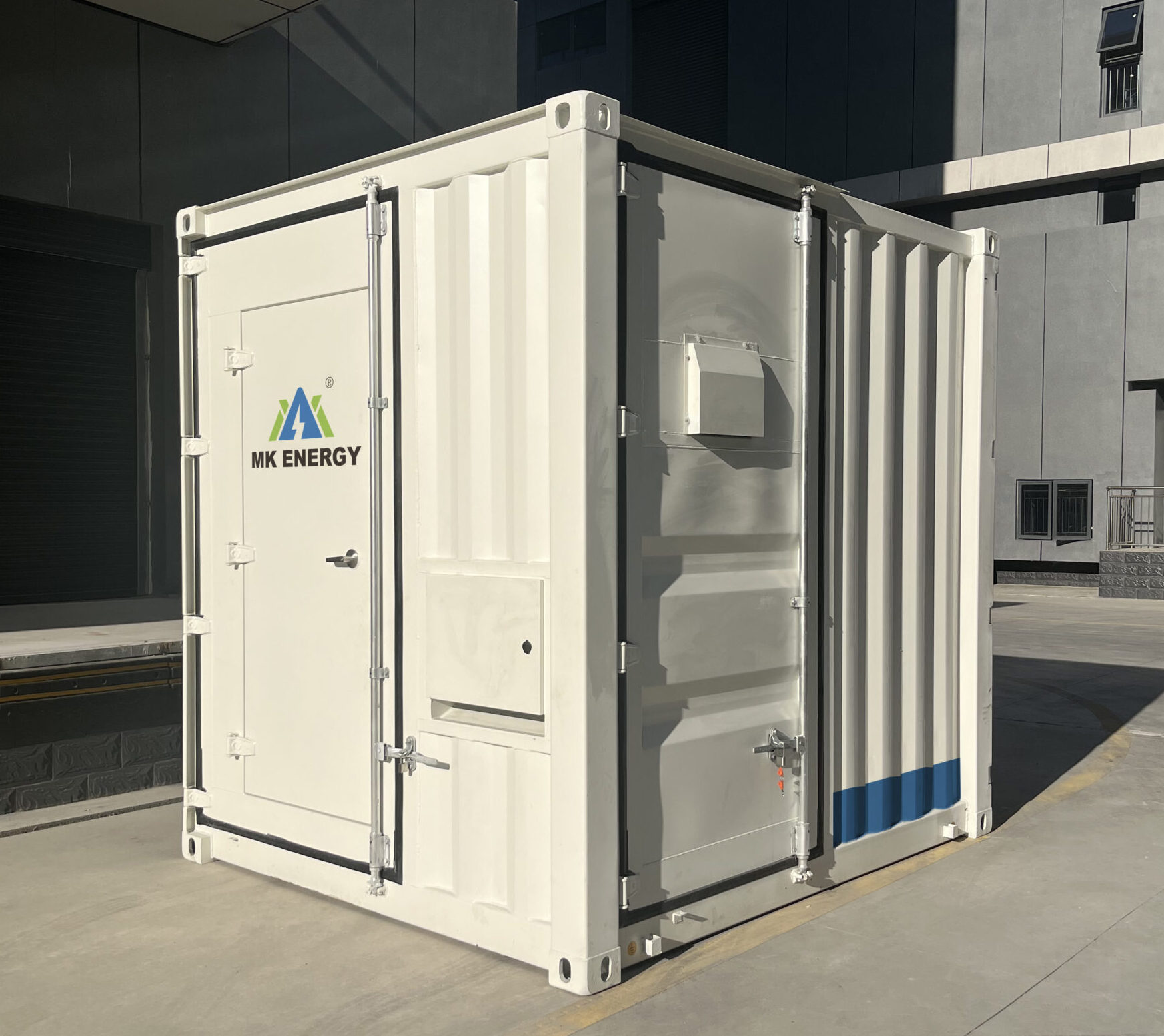Battery storage systems are becoming increasingly vital for commercial and industrial (C&I) sectors. These systems offer numerous economic benefits, from reducing energy costs to enhancing operational efficiency. This article explores the economic advantages of battery storage for C&I applications and how businesses can leverage these technologies to gain a competitive edge.
Battery Storage Economics
Battery storage systems store electricity for later use, allowing businesses to optimize their energy consumption patterns. The economic benefits of battery storage can be categorized into several key areas:
Energy Cost Savings:
Peak Shaving: Battery storage can reduce energy costs by shaving peak demand. During periods of high electricity prices, stored energy can be used, thus lowering demand charges on utility bills.
Time-of-Use Optimization: By storing energy when prices are low (off-peak) and using it during high-cost periods (peak), businesses can significantly reduce their energy expenses.
Enhanced Energy Reliability:
Backup Power: Battery storage provides a reliable backup power source during outages, ensuring continuity of operations and preventing costly downtime.
Grid Independence: Businesses can reduce their reliance on the grid by using stored energy, offering protection against power fluctuations and enhancing energy security.

Incentive Programs: Many utility companies offer demand response programs that pay businesses to reduce their energy consumption during peak demand periods. Battery storage systems make it easier to participate in these programs, providing an additional revenue stream.
Grid Upgrades: By using battery storage to manage peak loads, businesses can defer or avoid the need for expensive upgrades to their electrical infrastructure.
Integration with Renewable Energy:
Solar and Wind Energy Storage: Battery systems enable the efficient storage of energy generated from renewable sources, allowing businesses to maximize the use of clean energy and reduce dependence on fossil fuels. This integration can lead to significant cost savings and contribute to sustainability goals.
Financial Incentives and Rebates: Governments and utility companies offer various incentives, rebates, and tax credits to promote the adoption of battery storage systems. These financial incentives can substantially reduce the upfront costs of installation and improve the return on investment (ROI) for businesses.
Major commercial and industrial applications
Manufacturing Facilities
Challenge: High energy costs and the need for uninterrupted power supply.
Solution: Installation of a battery storage system to manage peak loads and provide backup power.
Results: Significant reduction in energy bills, increased energy reliability, and eligibility for demand response program incentives.
Commercial Office Buildings
Challenge: High demand charges and the integration of renewable energy.
Solution: Use of battery storage to optimize energy consumption patterns and store solar energy.
Results: Lower energy costs, enhanced use of renewable energy, and improved sustainability profile.
Data Centers

Challenge: Need for reliable power supply and high energy consumption.
Solution: Deployment of battery storage for backup power and peak shaving.
Results: Increased reliability, reduced energy costs, and deferment of infrastructure upgrades.
Conclusion
The economics of battery storage for commercial and industrial applications are compelling. By reducing energy costs, enhancing reliability, enabling participation in demand response programs, and integrating with renewable energy sources, battery storage systems offer substantial financial and operational benefits. Additionally, government incentives and rebates further improve the ROI, making battery storage a smart investment for businesses looking to optimize their energy use and achieve sustainability goals.
At MK ENERGY, we are committed to providing advanced battery storage solutions that help businesses unlock these economic advantages. Contact us today to learn more about how our technologies can benefit your commercial or industrial operations.

